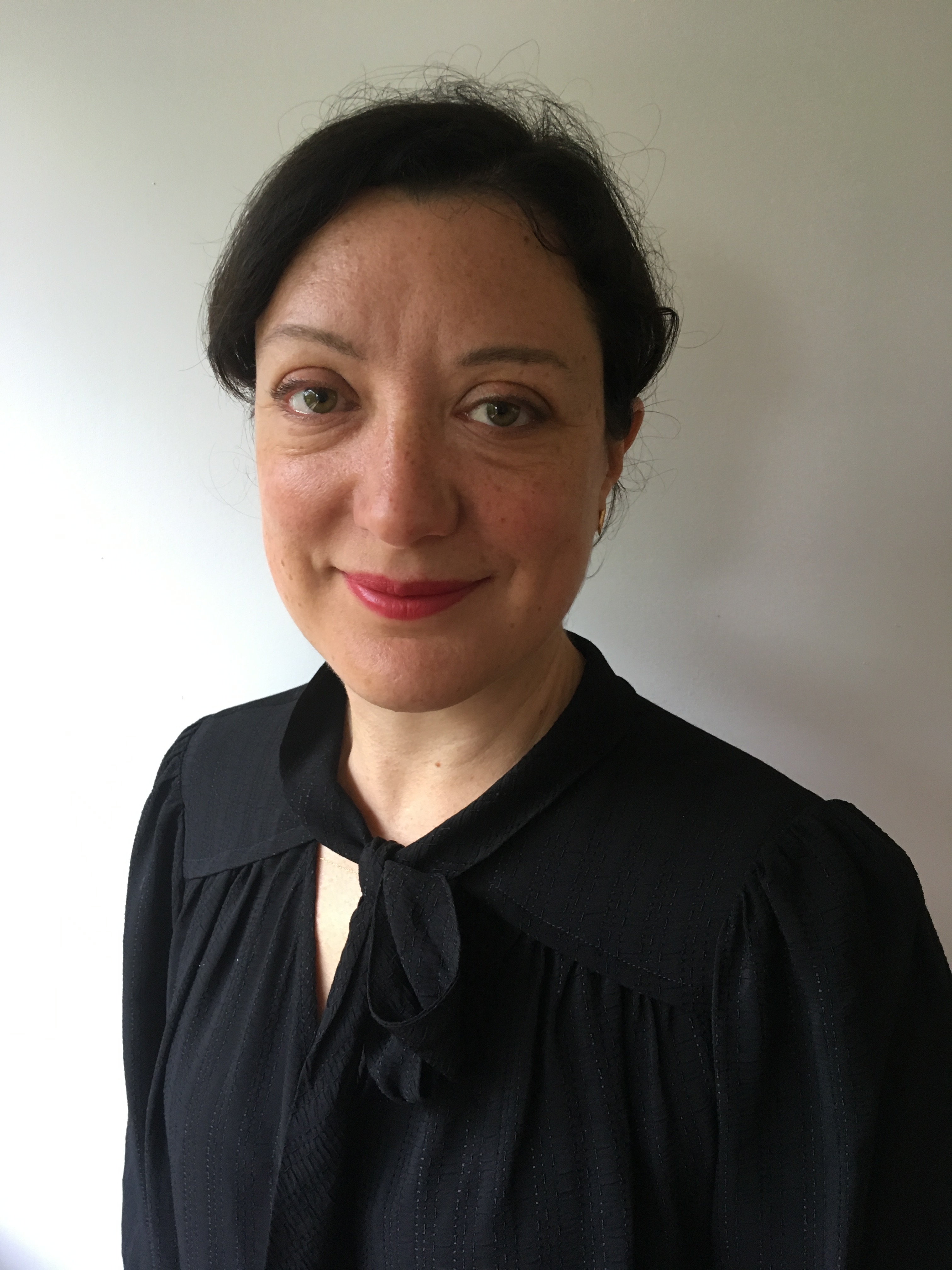Iceland’s project profession is enjoying a boom time

If you go to Reykjavík any time soon, you’ll be impressed by the cranes, construction sites and buzz around the diminutive Icelandic capital. Iceland’s 2008 financial crisis put a break on public investment in transport infrastructure, and it’s starting to show. The capital is prone to traffic bottlenecks and public transport around the city is disjointed.
With three million visitors a year and a rapidly growing population (two-thirds of Iceland’s population live in Reykjavík or its environs), the city is finally getting the upgrade it needs, with big investments being made in the construction of a new hospital, an EV charging network and a new bus rapid transit line.
Filling the talent pipeline
Big projects like these require a stream of ambitious project managers willing to step up to the challenge. It’s boom time for the profession, testify Professors Haukur Ingi Jónasson and Helgi Þór Ingason at the University of Reykjavík, who are busy ensuring the talent pipeline is filled in part by graduates of their Master of Project Management course, which they have taught together for 20 years.
Aside from a growth in the number of major projects across Iceland, there is also a noticeable increase in the projectification of Icelandic organisations, they say. Iceland is playing catch-up on the project management front as the need for professionals beyond its traditional confines of engineering and construction is felt. “No discipline is untouched,” says Ingason.
The duo pride themselves in creating self-aware, responsible project professionals who take a holistic and sustainable approach to their work, and prize transparency in the way that they lead.
In teaching, Ingason handles the technical side of project management and Jónasson takes on the people side of things. “It’s like being in a marriage for 30 years,” says Jónasson of their successful partnership (despite the heated debates they confess to enjoying).
Project leaders must dig deep
With a background in theology, philosophy and psychology, Jónasson is unafraid to get students to dig deep into their psyches to really understand what makes them tick “We would like them to have leadership abilities that have to do with being able to self-reflect, and to manage by articulating creative, critical and ethical thinking,” he says.
“In projects, you're dealing with high stakes. You have to generate emotional safety and you might have to dig deep so you have communication skills that are very high level. That's very much at the heart of the competence of a good project manager.”
Ingason adds: “In communication, you earn the right to be heard by listening, and that calls for humbleness and a willingness to accept that you may be right, but you may be wrong, and you would probably benefit from listening to somebody who has a different opinion.”
The rise in importance of projects
The pair are excited about launching their graduates into a world that increasingly recognises the importance of projects in changing things for the better. Organisations are moving towards running themselves along project lines, and there is a strong demand for project professionals to help them in the transition (and be able to work shoulder-to-shoulder with the CEO).
“The importance of projects as a vehicle for change has risen and we have become more aware of the risks of choosing the wrong projects, and that we are working with limited resources and so we need to use them cleverly,” says Ingason.
“I think it's happening almost by itself, and that to some extent we are formalising it through project governance and the decisions regarding projects. Projects are being gradually pushed higher in the hierarchy of the company, and project-oriented organisations are running their business through programmes and portfolios, so automatically project-related decisions are taking place at the highest possible level. Our graduates are central to many of the most complicated projects.”


0 comments
Log in to post a comment, or create an account if you don't have one already.